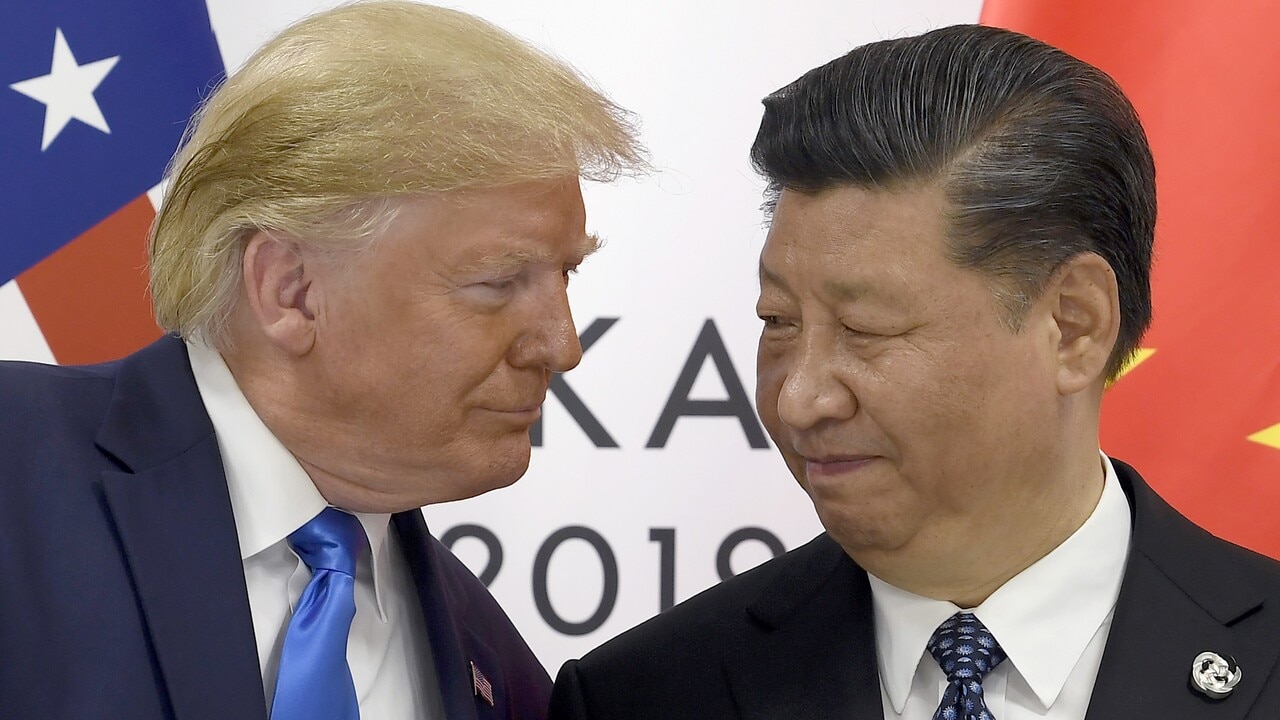
The Sydney power crisis comes as Australian companies are actively reconsidering their future investment plans in the light of higher costs and legislated lower productivity.
In the US, companies are asking the same question against different criteria: “Do we invest on the basis of the shelter provided by the Trump tariffs, which may not last?”
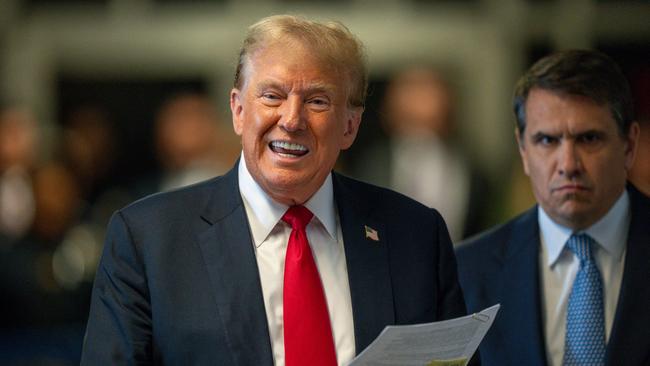
The Sydney power crisis will be duplicated in Melbourne and will get worse because we have jeopardised our coal-based power and not implemented the plan to back renewables investment with gas power for fear of losing votes in green inner city seats.
And the whole renewables-gas plan will cost $660bn by 2050 and send power prices skyrocketing. This has not been explained to Australians.
There is very little understanding in Australia of why Donald Trump’s popularity is so strong. We need to understand this feature of the US. Nothing illustrates Trump’s popularity better than his latest tariff actions on fentanyl and migration.
An average of 22 US adolescents aged between 14 and 18 years die each week from fentanyl pill overdoses – and it’s worse in the southern states. Trump might have caused fear in markets as a result of his tariff threat on Canada China and Mexico, but he is a hero among American families for taking action against the countries allegedly killing their children.
And illegal migration is hated in wide areas of the US. Trump becomes an even greater national hero for using his weapon of choice, tariffs, to stop Mexico and Canada on migration, and he adds China on fentanyl.
Companies with supply chains integrated into one or all of the three countries are naturally horrified. But Trump knows his market. It is highly likely Trump will honour his promise and impose a high tariff barrier around the US in the expectation American companies will re-establish the badly run-down US industrial base.
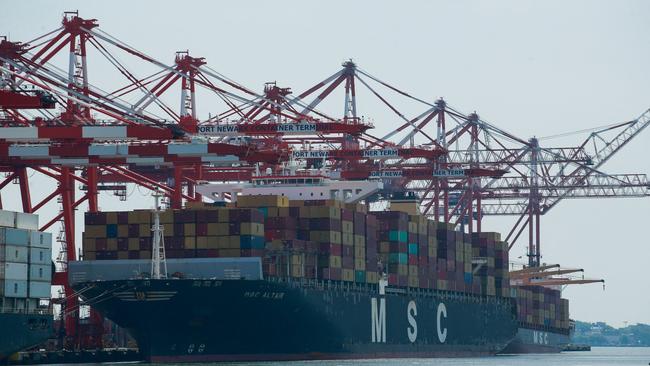
It will not be easy to convince them to invest because few majors want to invest in enterprises that depend on tariffs. And the US skills base has been so badly rundown that it is hard to find people to undertake the tasks.
Yet a strong industrial base is essential for US defence, and Trump will not hesitate to penalise American companies who hold back on investment. Many US companies can see an opportunity because of the dramatic advances coming in computer power led by artificial intelligence that will enable a revitalised American industry to have costs that are globally competitive.
And the labour market in the US is about to change dramatically. Illegal migrants will leave the US but the actions of Elon Musk to reduce US government costs by 30 per cent will cause unprecedented retrenchments of government workers.
Accordingly, there is a white collar labour pool approaching that has never previously been available to American companies.
All of this came out in the election campaign.
The community turmoil that faces America makes companies nervous, but they will enjoy cheap energy via gas. And nuclear will economically provide the base power for the massive artificial intelligence and cloud storage facilities that will be required.
In Australia, it seems almost inconceivable that we would attempt to go alone in the world and not provide the nuclear power required to drive cloud storage and artificial intelligence – the next stage of the industrial revolution. But that’s what the government is telling the population.
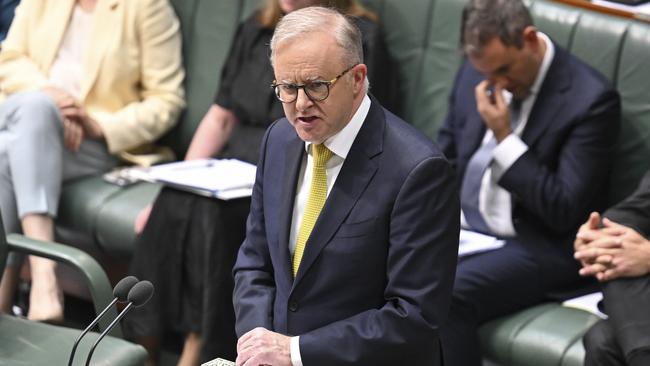
What makes Trump’s American industrial revolution possible is that he has marketed his plan to the American people, and his popularity gives him the chance to drive the changes.
In Australia, the population has been told stories that will make the necessary changes much harder to execute. For example, in Australia, the latest industrial relations act is incredibly popular in many areas of the community. When the 700-page business blueprint was being discussed, our corporations did not explain the dangers of the blueprint. It is now enacted. If Peter Dutton promises to unwind that act, almost certainly he will not become prime minister next year. The best he can do is promise to hold an inquiry. The Business Council Australia is currently protesting, but it is too late.
Around Australia large and small enterprises are now actively reviewing investment plans in the light of the higher costs of labour, lower productivity fanned by the industrial relations legislation, and the huge future power prices rises to be caused by the $660bn power investment plan being forced on Australia by federal and state governments. Under the plan, gas power will be used to back up renewables and provide certainty. But this has not been explained to the Australian population. They also must also be told of the huge power price rises coming as a result of the plan.
The Reserve Bank always planned that unemployment would rise in the wake of its higher interest rates, but truly massive hiring by state and federal public services and enterprises relying on government contracts caused a labour shortage instead of a surplus.
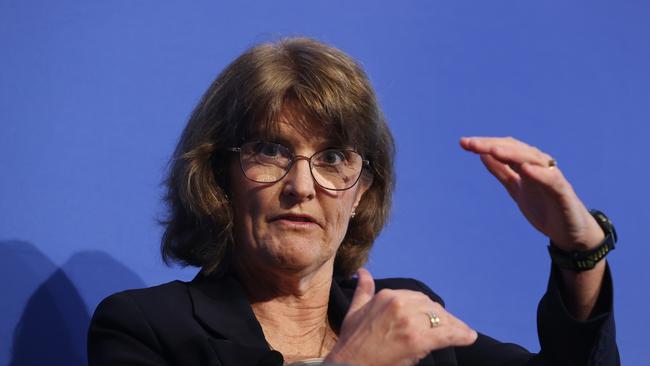
Accordingly, our turmoil will mirror the US because we are facing a likely big fall in tax revenues from minerals. The huge spending of the last few years will have to be reversed and sadly a lot of people will lose their jobs.
Australian companies will need artificial intelligence to overcome the productivity blows of the industrial relations act. If the power is available, the industrial relations act may actually accelerate our adoption of artificial intelligence, just as tariffs are forcing the US into change. Americans have been told what is ahead. Australians have not.




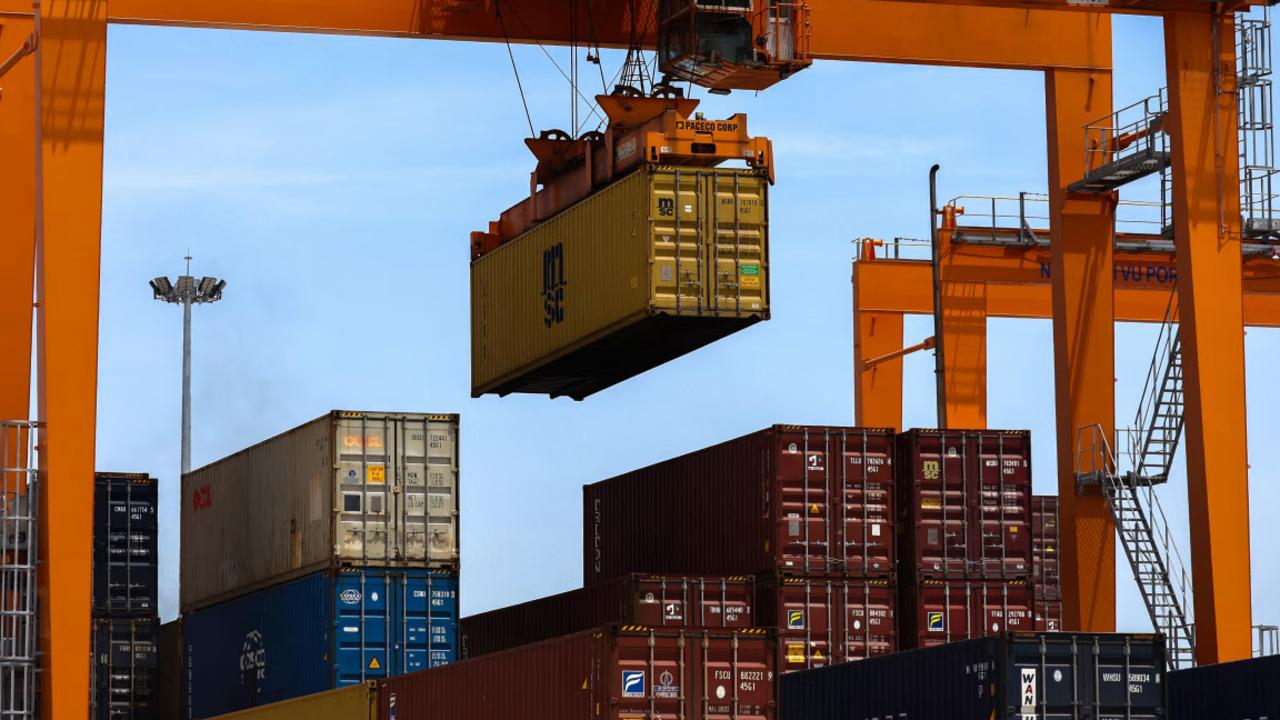
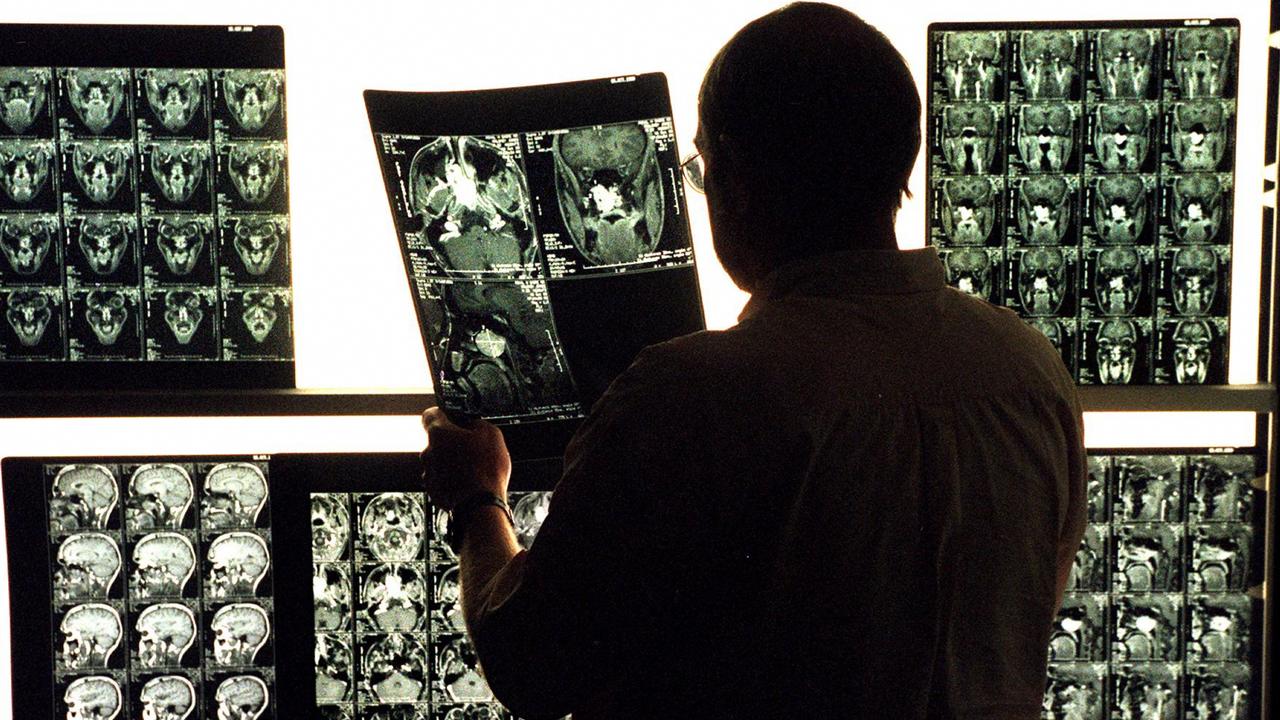
In the US, Donald Trump has prepared Americans for change. In Australia, Anthony Albanese has not explained what is ahead. Enterprises in both countries face difficult but different decisions.